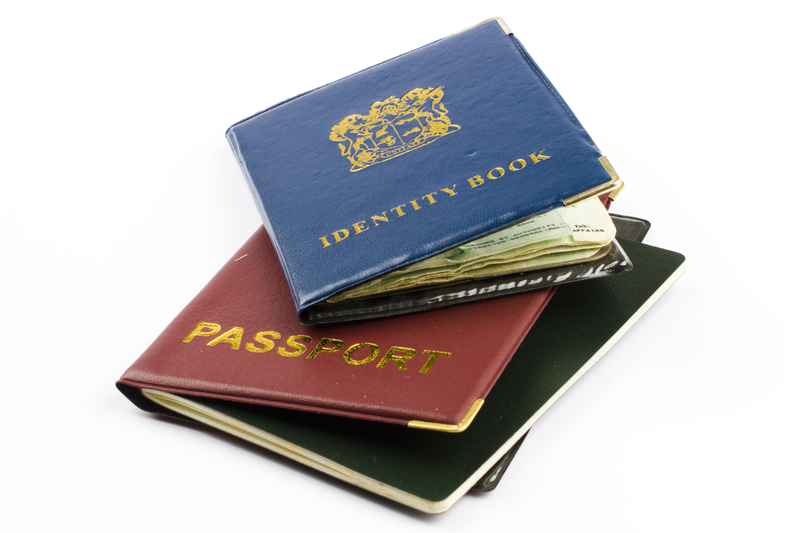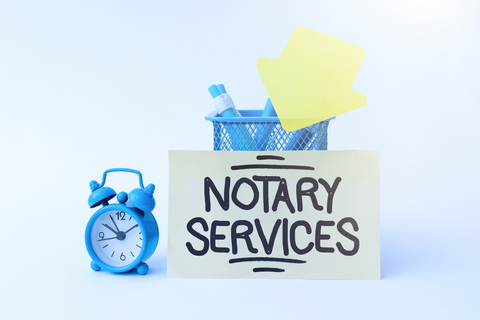One of the primary tasks of a notary public is to verify the identity of the signer of a document. Arizona allows the following to be evidence of identity:
- Current driver’s license or non operating identification license
- U.S. Passport – current
- Armed Forces Identification Card – unexpired
- Inmate Identification Card
- Other Government Issued Identification Cards (such as tribal cards)
- Foreign Government Issued Consular Identification Cards – current with photograph, DOB, date of use and expiration.
Don’t have a current ID?
The document signer must appear before the notary public. If you do not have a current ID, then a credible witness who knows you and does have a current ID may be used.
Navigating the Notarization Process: A Step-by-Step Guide
The notarization process typically follows these simple steps:
- Document Preparation: To begin, ensure that the document is complete, but do not sign.
- Finding a Notary: Mobile notaries can meet you on your schedule.
- Presenting Identification: When meeting with the notary, bring along a government-issued photo ID to validate your identity.
- Signing the Document: Sign the document in the presence of the notary, who will then affix their signature, stamp, and notary information.
- Notary Certificate: The notary will attach a notary certificate to the document, providing essential details about the notarization.
- Record Keeping: Sign the notary’s journal as required by Arizona law.
Conclusion: Trusting the Notary Public for Document Legitimacy
To wrap up, notary public services serve as a vital safeguard against fraud and misrepresentation in legal documents. By enhancing credibility and legal validity, notarization empowers agreements and transactions to withstand scrutiny in official settings. Whether you’re navigating a real estate transaction, authorizing someone to act on your behalf, or making solemn statements, notarizing your documents is a prudent step to secure their authenticity.

